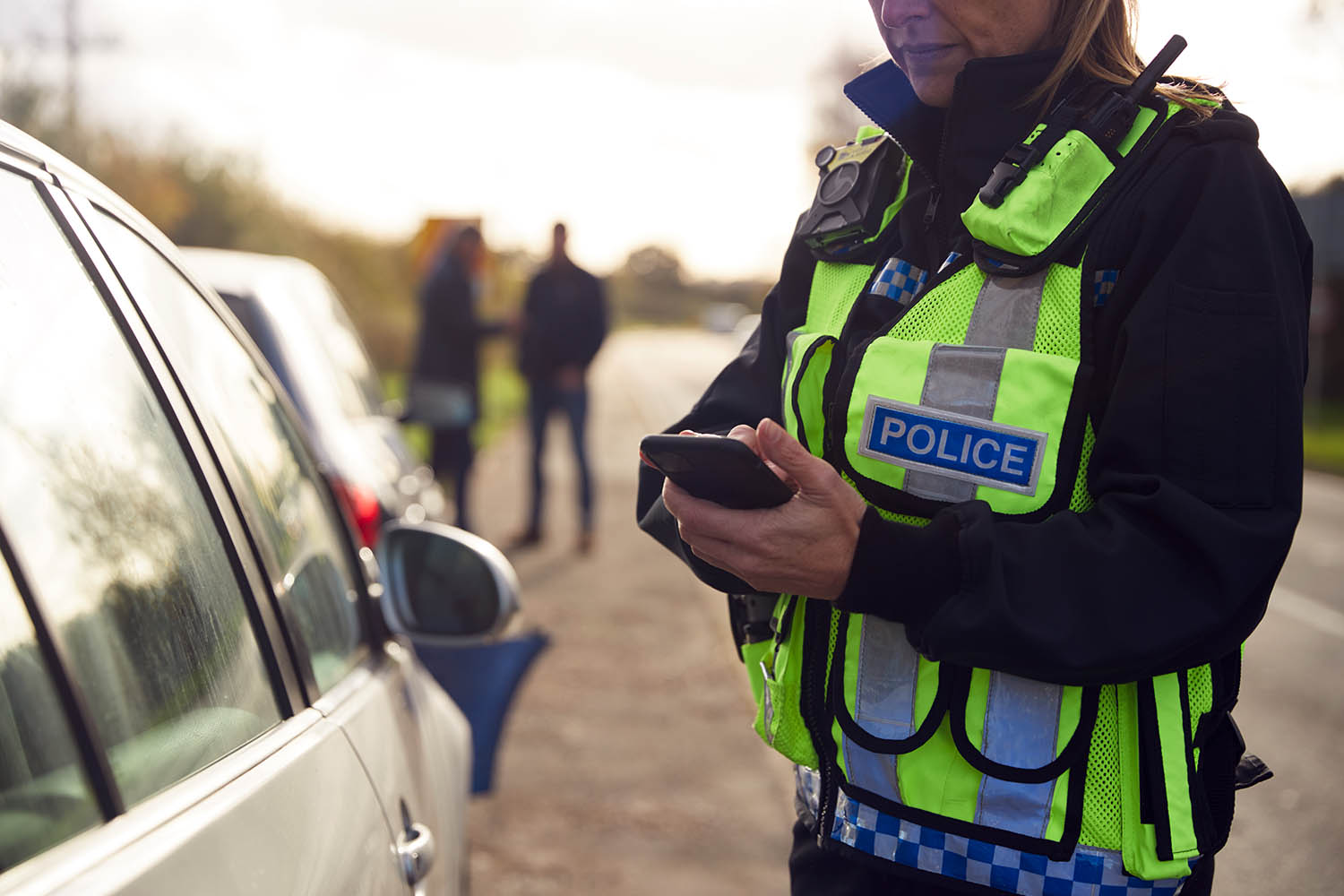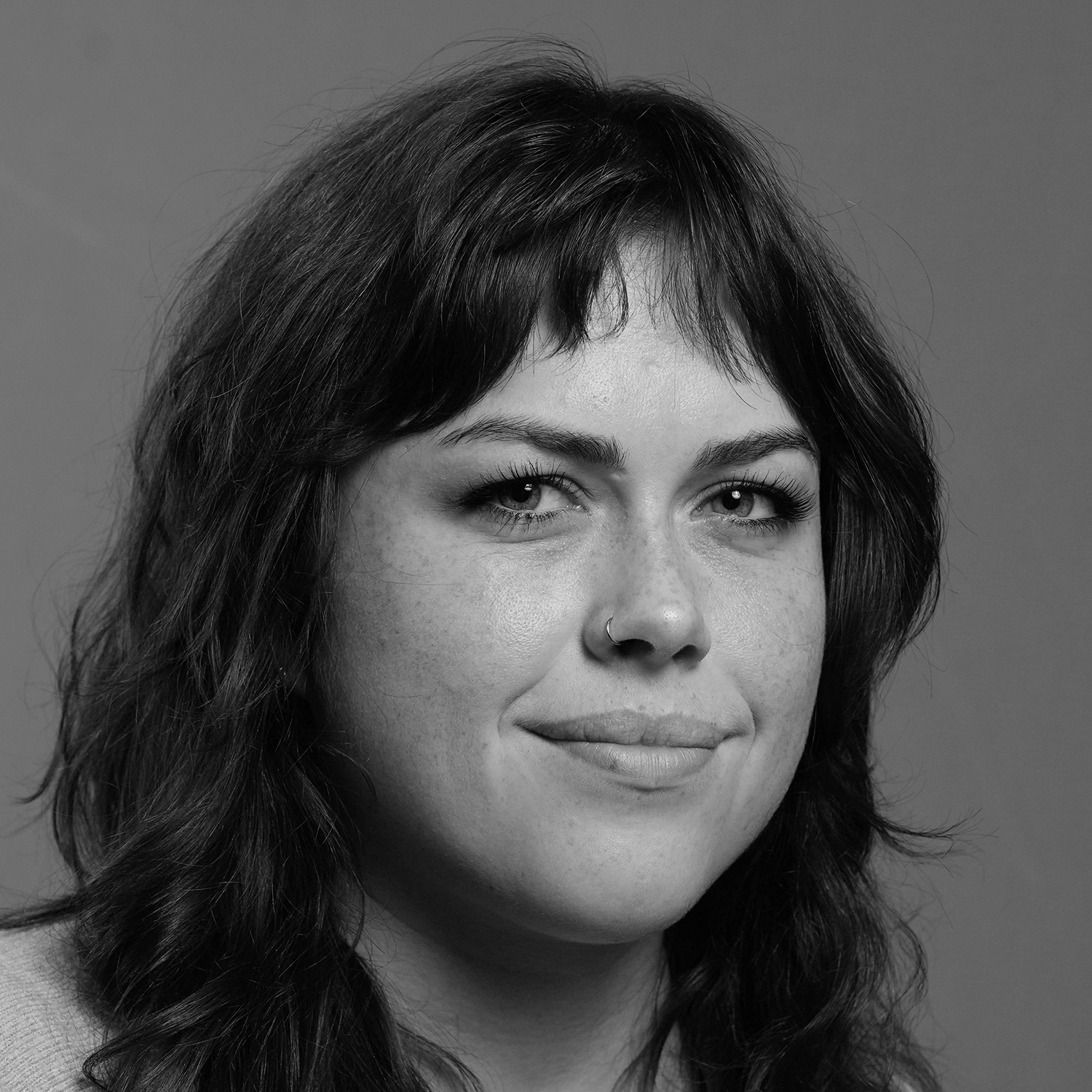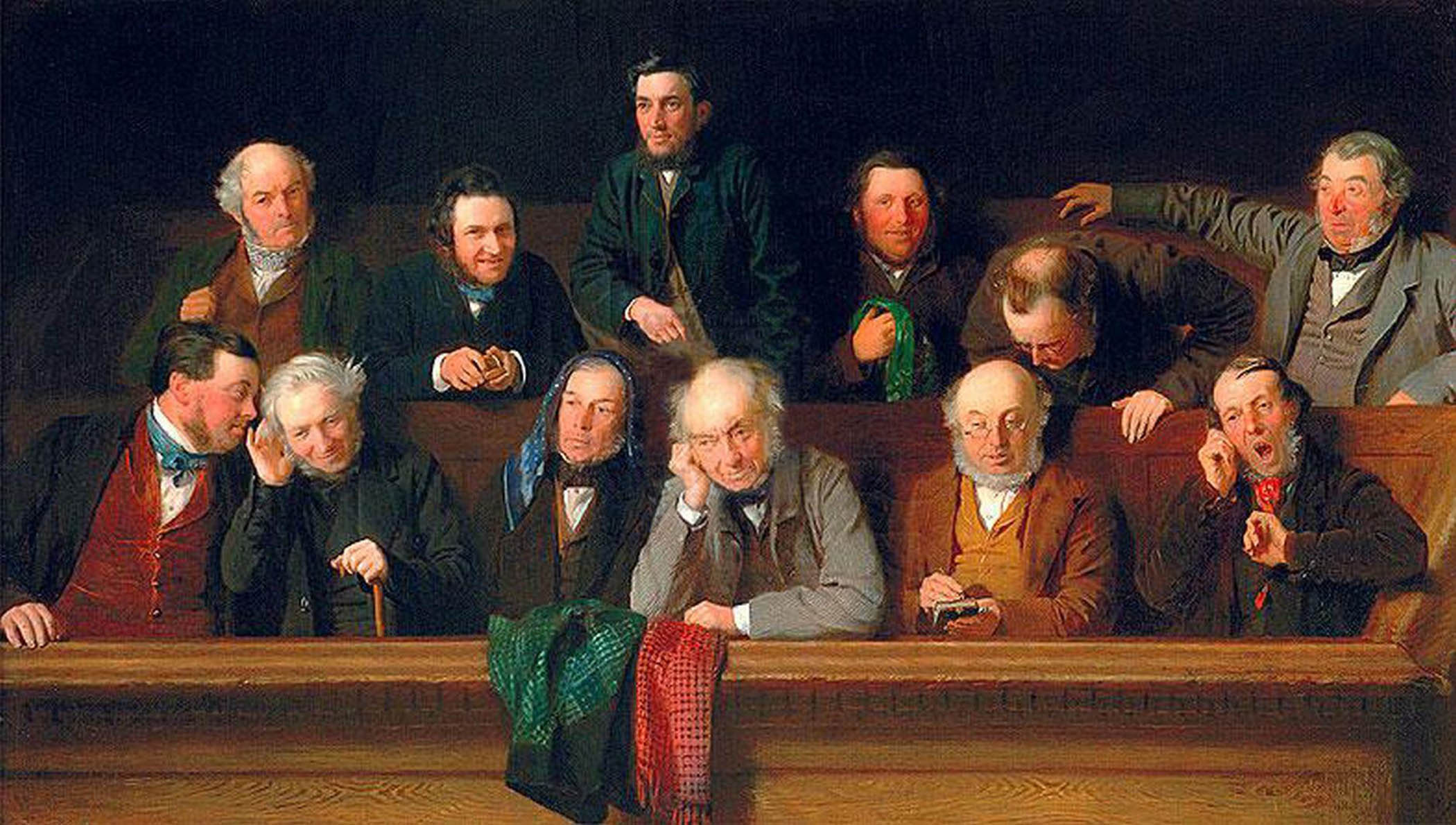Police have been issued guidance on how to search women’s homes for abortion drugs and check their phones for menstrual cycle tracking apps after unexpected pregnancy loss.
New guidance from the National Police Chiefs’ Council (NPCC) on “child death investigation” advises officers to search for “drugs that can terminate pregnancy” in cases involving stillbirths. The NPCC, which sets strategic direction for policing across the country UK, also suggests a woman’s digital devices could be seized to help investigators “establish a woman’s knowledge and intention in relation to the pregnancy”. That could include checking a woman’s internet searches, messages to friends and family, and health apps, “such as menstrual cycle and fertility trackers”, it states.
Details are also provided for how police could bypass legal requirements for a court order to obtain medical records about a woman’s abortion from NHS providers.
Abortion law in the UK is based on the Offences Against the Person Act from 1861. In recent years, an increasing number of women have been investigated and prosecuted under this law. The Abortion Act of 1967 allows women to end their pregnancies under medical supervision up to 24 weeks, or beyond in certain circumstances, such as if the life of the mother is at risk or if the foetus has a serious abnormality.
The guidance replaces a 2014 document that did not mention investigating stillbirths, but had one mention of investigating women who may have had an illegal abortion. The new guidance, published in January and developed by a sub-group of the NPCC’s Homicide Working Group alongside the College of Policing, National Crime Agency and Metropolitan Police, covers the scenario over several pages.
Related articles:
The lead authors were Ch Supt Liz Hughes of Avon and Somerset police force; Det Supt Jon Holmes of Lancashire; DCS David Ashton of Durham; Ch Supt Fiona Bitters of Hampshire and Isle of Wight; Sonya Baylis, of the National Crime Agency; and DS Robert Simmons of Suffolk.
Dr Ranee Thakar, president of the Royal College of Obstetricians and Gynaecologists (RCOG), said: “The new guidance is shocking. Women in these circumstances have a right to compassionate care and to have their dignity and privacy respected, not to have their homes, phones, computers and health apps searched, or be arrested and interrogated.”
Leading abortion providers, legal experts and medical professionals have told The Observer they were not consulted over the NPCC guidance and called for it to be amended.
Katie Saxon at BPAS, the leading abortion provider, said the organisation was aware of an increase in police investigating women who had had abortions in recent years, “but to see it in black and white after years of criticisms of the way this outdated law is enforced is harrowing”.
She added: “This [NPCC] guidance was written at the same time as unprecedented threats to global abortion rights and while parliament was set to consider decriminalising women abortion. To write it without public conversation or discussion with experts shows just how detached from reality the NPCC is.”
Louise McCudden at the abortion provider MSI Reproductive Choices said the guidance was “fuelling a culture of hostility and suspicion towards abortion and pregnancy loss”.
Dr Jonathan Lord, co-chair of the RCOG abortion taskforce, who is leading calls to decriminalise abortion in England and Wales, said: “We have been concerned by the sharp rise in women being investigated on suspicion of having an illegal abortion over the past few years, and especially how this has spilled over to include those who had natural stillbirths and premature labours.”
The NPCC told The Observer that unexpected pregnancy loss was not “routinely investigated” as a potential illegal abortion and that “any investigation of this nature will always be treated with the utmost sensitivity and compassion”.
Photograph by Getty Images
The charity Sands provides a safe, understanding and caring community for anyone touched by pregnancy or baby loss www.sands.org.uk/support



